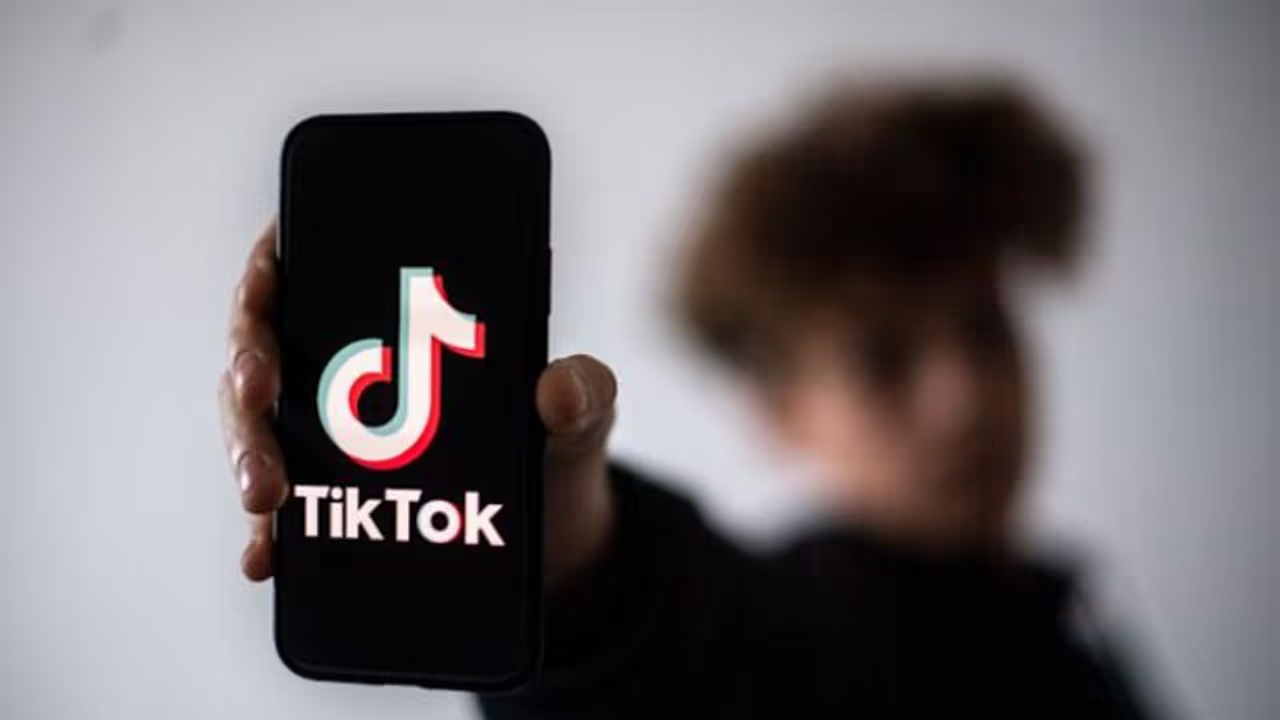TikTok, along with its Chinese parent company ByteDance, has initiated legal action against the US federal government, challenging a law mandating the sale of ByteDance's stake in the company or facing a ban.
TikTok, along with its Chinese parent company ByteDance, has initiated legal action against the US federal government, challenging a law mandating the sale of ByteDance's stake in the company or facing a ban. The lawsuit, filed on Tuesday, signals the potential for a prolonged legal battle concerning TikTok's future in the United States.

The prominent social video platform contends that the law, included in President Joe Biden's signing of a $95 billion foreign aid package, is blatantly unconstitutional. Sponsors of The Protecting Americans From Foreign Adversary Controlled Applications Act are attempting to characterize the law not as a ban but as a measure regulating TikTok's ownership.
TikTok's suit calls the law an “unprecedented violation” of the First Amendment.
“For the first time in history, Congress has enacted a law that subjects a single, named speech platform to a permanent, nationwide ban,” TikTok wrote in the lawsuit, “and bars every American from participating in a unique online community with more than 1 billion people worldwide.”
The company contends that citing national security as a justification is insufficient for curbing freedom of speech, asserting that the onus lies on the federal government to substantiate the necessity of such restrictions. According to the lawsuit, the government has failed to meet this burden.
The lawsuit, which was anticipated following President Joe Biden's signing of the bill on April 24, is projected to further prolong the timeline for a potential ban or sale of the app. ByteDance, TikTok’s Chinese owner, had already had over a year to strategize. Now, legal proceedings will halt that timeline, potentially extending the period before a ban takes effect into years.
Tuesday’s lawsuit marks the latest development in the U.S. government's years-long endeavor to effectively prohibit TikTok. Efforts to regulate the popular video-sharing app have persisted since 2020, spanning both the Trump and Biden administrations. Already, the federal government and numerous states have banned TikTok's use on government-owned devices.
The lawsuit argues that Congress has not presented any evidence indicating that TikTok poses the data security risks or spreads foreign propaganda to an extent that would warrant the law. Furthermore, it contends that Congress has failed to demonstrate any specific harm posed by the app in these domains.
“The statements of congressional committees and individual Members of Congress during the hasty, closed-door legislative process preceding the Act’s enactment confirm that there is at most speculation, not ‘evidence,’ as the First Amendment requires,” the lawsuit states.
TikTok also asserts that the law breaches the right to due process guaranteed by the Fifth Amendment and constitutes an unconstitutional bill of attainder. This legal concept refers to a legislative act that pronounces an individual or entity guilty of a crime and imposes punishment without a trial.
“Congress has never before crafted a two-tiered speech regime with one set of rules for one named platform, and another set of rules for everyone else,” it stated in the lawsuit.
The lawsuit additionally contends that the law effectively serves as a ban on TikTok. It argues that ByteDance's option to divest is "illusory" due to its impracticality on commercial, technological, and legal fronts, especially within the 270-day timeframe stipulated by the law.
“According to its sponsors,” the lawsuit stated, “the Act is not a ban because it offers ByteDance a choice: divest TikTok’s U.S. business or be shut down. But in reality, there is no choice.”
The lawsuit asserts that if the law persists, it would empower the federal government to cite national security concerns and compel the owners of other platforms, including news sites, to sell their businesses or face closure.
Gautam Hans, an associate clinical professor of law at Cornell University and associate director of its First Amendment Clinic, stated that overcoming the broad congressional backing for this law could pose a significant challenge for TikTok.
“TikTok has prevailed in its previous First Amendment challenges, but the bipartisan nature of this federal law may make judges more likely to defer to a Congressional determination that the company poses a national security risk,” Hans told NBC News. “Without public discussion of what exactly the risks are, however, it’s difficult to determine why the courts should validate such an unprecedented law.”
